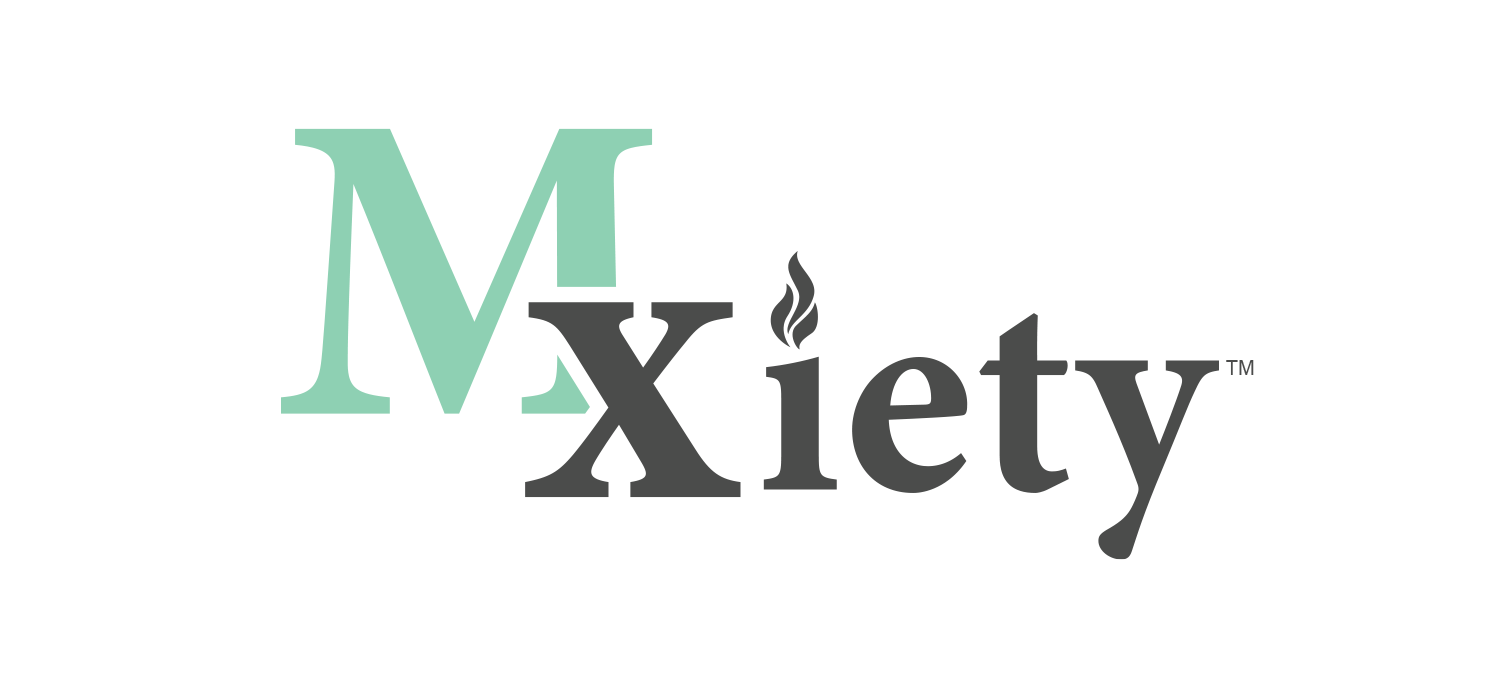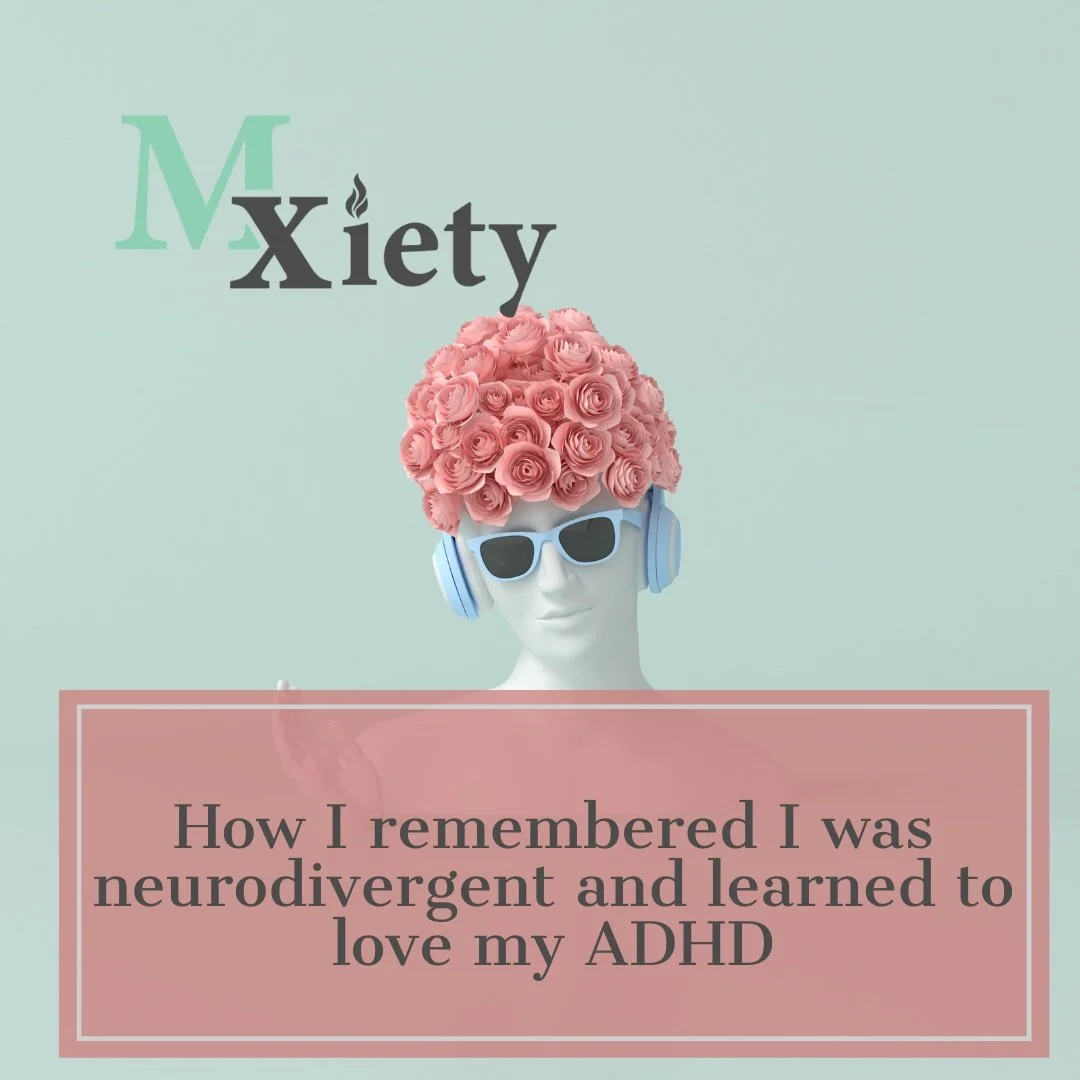Why We Need Multiple Avenues of Care For Mental Health Beyond Therapy
/I honestly never would have thought I would write this piece because for so long, I held therapy as a panacea for mental health problems.
Therapy is a well-researched, proven method for help when someone is suffering with mental health-related problems. It’s not a one-size fits all scenario either, there’s Cognitive Behavioral Therapy, Dialectical Behavioral Therapy, Family therapy and so many more. It’s always been the avenue I recommend first when people ask me about what they should do with pretty much any problem they’re facing in life. In a good therapy session, a person will feel heard and validated and likely receive targeted help for their specific needs. When they walk out of the office they might have homework to work on before their next session.
I’ve met some bad psychologists and psychiatrists over the years, one of whom asked me intimate details about my sex life that had nothing to do with the topic, another whose appointments would last exactly five minutes during which I would get a new prescription and be sent on my way. It was always my assumption that this was “the way of the world”--you wade through some bad doctors before you get to the ones you need. Some therapists you just won’t be compatible with, while others might not be the right ones to treat your condition.
But It’s More of an Issue Than That
Recently, someone came forward outside of my immediate community on Twitch and asked, “what if you’re from a marginalized community and there is no therapist in your area you can relate to or what that treats your condition?” and I didn’t know how to answer them.
Then another person talked about the trauma they recently went through and how devastating it was to find that after looking for a month and finally getting a session with someone, the counselor advised that they need to talk to someone else as their experience was outside of their scope. Very reasonable, indeed, it was the responsible thing to do. They even offered to refer out to other doctors. Unfortunately, those doctors were out of network for my friend, so they had to keep the search on their own. And While this last issue might be specific to the U.S. it is still a barrier to accessing care.
As expected, this left the person vulnerable, still hurting dealing with trauma on their own as they searched for a new doctor. And even once they found them, they would have to wait until they could be seen possibly to find out that this doctor wasn’t right for them either.
Solutions for Access Issues
There are scholarship programs to help people access care, as well as sliding scales with therapists and clinics that offer affordable treatment but between the stigma to going to therapy, people not being ready to invest in their personal wellbeing, and how hard it is to find these if you don’t know where to look, cost is just a small barrier to care. Then there are also issues with finding a therapist who has the appropriate cultural competency to be helpful. And who can help if the issues the person are dealing with are systematic oppression, such as poverty?
Therapy is still, as of this writing, a privilege. It shouldn’t be. But it is.
The solution isn’t for therapists to see patients they are not qualified to help. Or that therapists have to work pro bono (although many already do). But rather to offer interim solutions to those who cannot access relatable or affordable care as soon as it is needed.
It is important for us to learn self-care however we can, as soon as we need it. And that often is not on the timeline of the world. As an advocate, my job is to move people towards therapy as well as personal care because the goal is to break down mental health-related stigma. Period.
Forcing someone into therapy when they are not ready or the appropriate kind is not available to them is not helping the stigma or the cause. In fact, there is evidence that perceived involvement in therapy results in better outcomes. So yes, even if therapy is the proven method for best mental health care outcomes, if someone isn’t ready for it, their results might not be as fruitful.
Offering alternatives is not going to have the same outcomes. It might not be as effective, in some cases, but it is a needed (and I hesitate to use this word) alternative to therapy when that is not available.
Going forward, I will be providing those who ask for help alternatives as much as I will be trying to move people towards therapy. To not do so, would be failing to acknowledge my privilege and that is not something we can afford to do.
Every individual’s needs and access will be different and it is ultimately up to them to decide what experience they are willing to submit themselves to, physically, emotionally, and financially.
Some brief alternatives:
· Workbooks written by mental health professionals*
· Crisis Text Line and other emergency resources
[*some links above will offer a kickback to the author to support the writing of this article]
Reviewed by: Dr Rachel Kowert and Dr B











